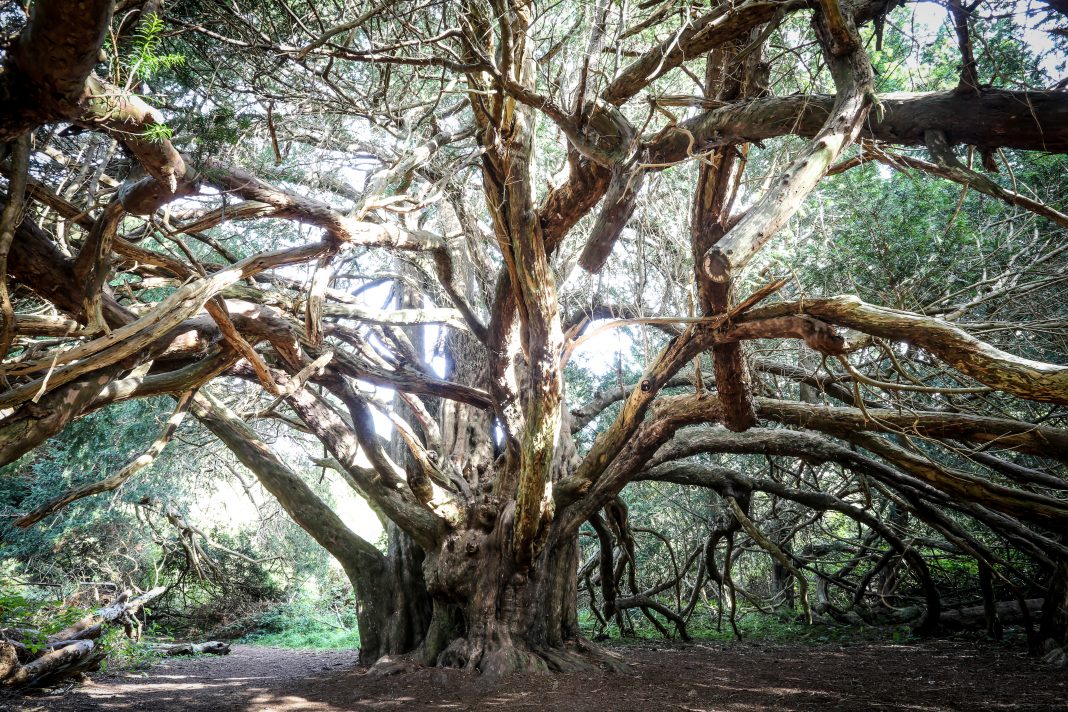It started with a discovery in 1962 in the bark of the Pacific yew tree (see photo above). Then, 35 years later, paclitaxel—better known as Taxol®,—became the first cancer drug to be a blockbuster, which comes with sales of $1 billion or more a year. Even today, scientists seek better ways to make this drug, which is used to treat many forms of cancer, including bladder, breast, prostate, and lung. The problem is that this chemical must be obtained from yew trees—older ones having the most paclitaxel—or chemically synthesized through many complicated steps. However, fungi, among other microbial populations, may provide an easier and greener source of this drug.

While working on his PhD at Ain Shams University in Egypt, El-Sayed Ramadan El-Sayed recalls that he “searched for a microbial platform for the production of Taxol instead of plants.” In 1993, scientists at Montana State University showed that a fungus can produce Taxol. Since then, about 100 Taxol-producing fungal species have been reported by scientists. However, the yield of Taxol by these fungi is still far from that required for commercial use. So, El-Sayed applied ultraviolet and gamma radiation to two fungal species (Aspergillus fumigatus and Alternaria tenuissima), screened the results for the best Taxol production, and found two hyper-producing mutant strains that he called Aspergillus fumigatus TXD105-GM6 and Alternaria tenuissima TER995-GM3.
Next, El-Sayed looked for the best way to make Taxol from these fungal strains. “The methods of production of Taxol from these fungi are very simple and more promising in comparison with the production from plants and chemical synthesis,” he explains. In one study, he and his colleagues developed an easy way to sustainably produce Taxol via immobilization of the fungi in calcium-alginate gel beads, and then the scientists optimized the conditions for Taxol production in shake-flask cultures. “We reached high production titers of Taxol that may be suitable for commercial uses,” El-Sayed says.
At the Atomic Energy Authority of Egypt, where El-Sayed is now a lecturer on microbial biotechnology, he continues his work on Taxol-producing fungi. “The production of Taxol from fungi is very promising in terms of cost, thereby it will open up the way for the industrial manufacture,” he says. That’s a key consideration for any cancer treatment, even one that evolved from bark to a blockbuster.


